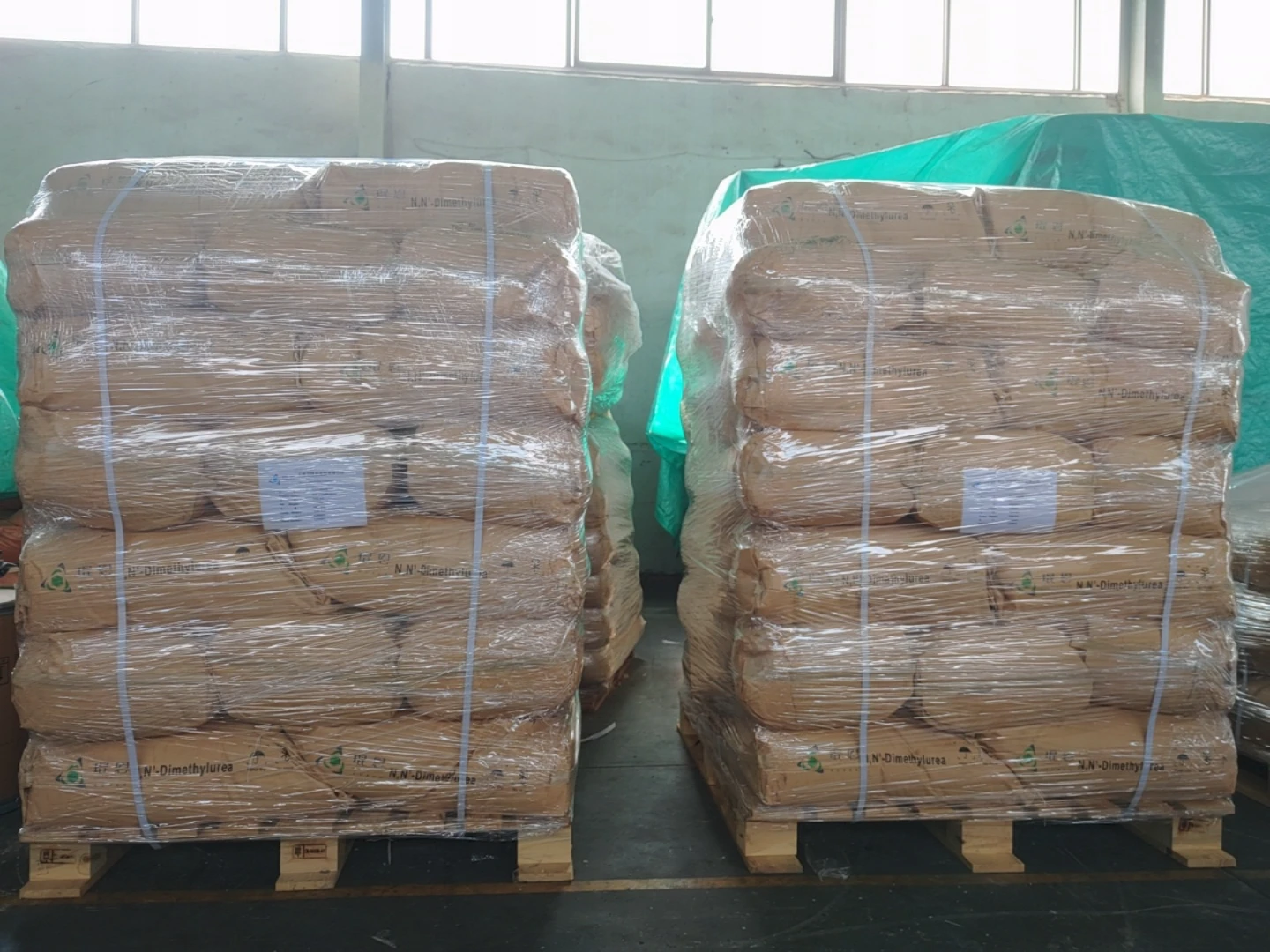Understanding API in the Pharmaceutical Industry
In the pharmaceutical industry, the term API stands for Active Pharmaceutical Ingredient. An API is a biologically active compound used in the formulation of medications, and it plays a crucial role in determining the effectiveness of a drug. Understanding the significance of APIs is essential for anyone involved in pharmaceutical development, production, or regulation.
Understanding API in the Pharmaceutical Industry
The production of APIs is a highly regulated activity. Organizations like the Food and Drug Administration (FDA) in the United States and the European Medicines Agency (EMA) in Europe set stringent guidelines to ensure that APIs are manufactured under strict quality controls. This involves adhering to Good Manufacturing Practices (GMP), which dictate how APIs are to be produced to prevent contamination, mix-ups, and errors. The quality of the API directly influences the quality of the final pharmaceutical product, making compliance with these regulations vital for pharmaceutical companies.
api meaning in pharmaceutical industry

Another crucial aspect of APIs is their sourcing. Many pharmaceutical companies do not manufacture APIs in-house; instead, they rely on external suppliers, often referred to as Contract Manufacturing Organizations (CMOs). This outsourcing can lead to enhanced efficiency and reduced costs, but it also introduces risks related to supply chain reliability and quality assurance. Companies must perform thorough due diligence to select trustworthy suppliers, as the quality of the API supplied can significantly impact the drug's safety and effectiveness.
With the globalization of the pharmaceutical supply chain, the importance of transparency and traceability in API sourcing has grown. Recent trends indicate a push for more stringent regulations and practices to ensure quality at every step of the supply chain. Additionally, advancements in technology, such as continuous manufacturing and automation, are beginning to play a role in API production, allowing for more efficient and consistent drug manufacturing processes.
In conclusion, APIs are fundamental components of pharmaceuticals that directly influence their effects on patients. Understanding their significance, the regulatory landscape surrounding them, and the challenges in their production and sourcing is crucial for stakeholders in the pharmaceutical industry. With the ongoing advancements in technology and regulatory frameworks, the future of API development and manufacturing continues to evolve, aiming for safer and more effective therapeutic solutions for global health.

